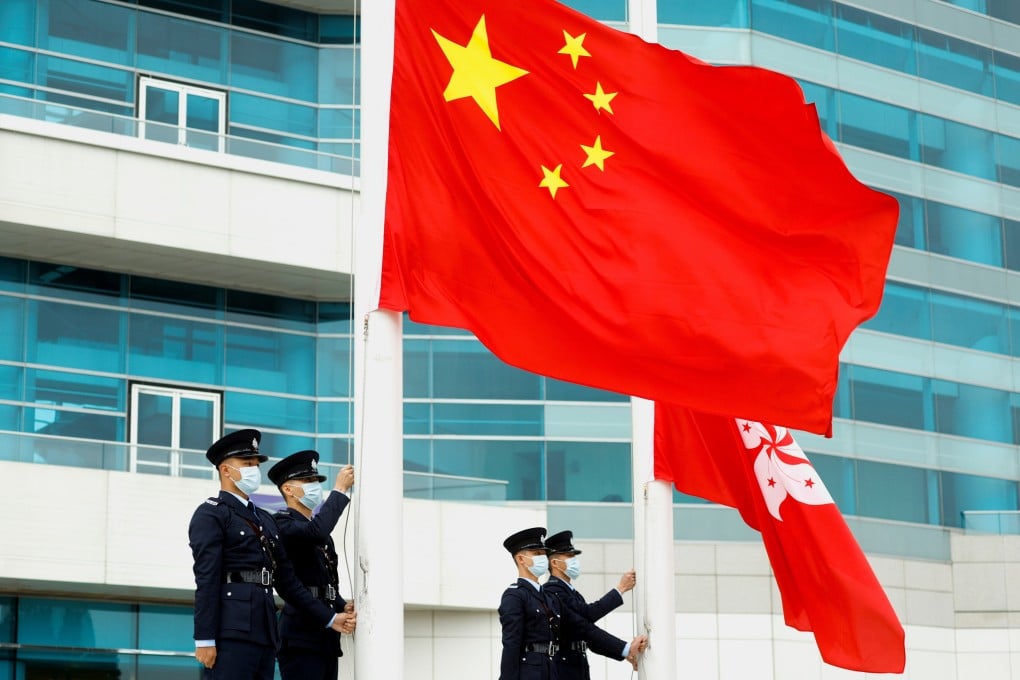Opinion | Why Hong Kong electoral reform is a double-edged sword for Beijing
- With the revamped system in place, Beijing will be directly involved in local politics, whether it likes it or not
- Being in the driver’s seat, it may be blamed for governance failures. Finger-pointing may ensue over livelihood issues, not just political matters

Under the “one country, two systems” formula, Hong Kong enjoys a high degree of autonomy and Beijing is supposed to play the role of the final arbiter in any dispute between various interested parties in Hong Kong.
In the first few years after Hong Kong’s return to Chinese rule, Beijing was confident that the city would be able to chart its own course and granted a relatively free hand to then chief executive Tung Chee-hwa to govern the city.
Back then, to highlight the central government’s determination to steer away from Hong Kong’s politics, Beijing officials even told the Democratic Alliance for the Betterment of Hong Kong (DAB), the flagship of the pro-establishment camp that regularly visited Beijing before the 1997 handover, to stop organising official trips.
This year’s electoral overhaul signifies a landmark change in Beijing’s role, as it transforms from an umpire to a player taking a direct hand in Hong Kong affairs.
